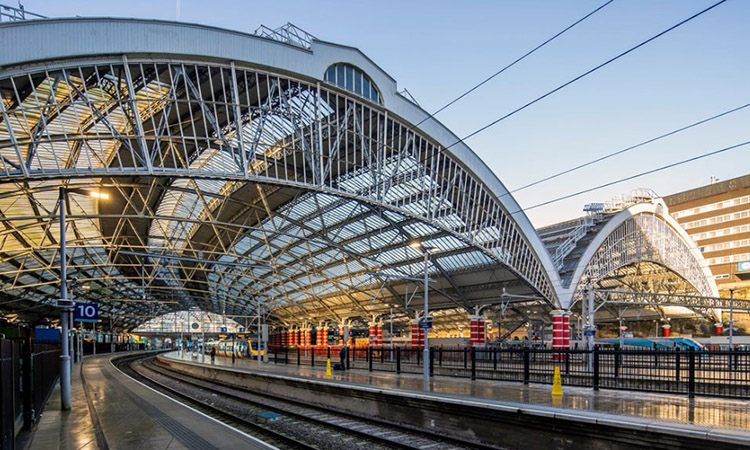Rail regulator’s annual assessment of Network Rail shows worsening train performance
Posted: 13 July 2023 | Elliot Robinson (Editorial Assistant - Global Railway Review) | No comments yet
ORR’s annual assessment of Network Rail have shown a worsening train performance during 2022-23.


Credit: ORR
The Office of Rail and Road’s (ORR) annual assessment of Network Rail shows train performance worsened during 2022-23, with 67.8% of trains arriving on time compared to 73.1% the previous year. Freight performance is now at its lowest level since the time series began in 2014.
Industrial action has affected performance, but delays caused by Network Rail have also increased. To reverse this trend, sustained focus from the company is needed in three important areas – improving asset reliability, working with operators to build more resilient timetables, and making sure that, when things do go wrong, services can be recovered quickly. At the regulator’s request Network Rail has produced improvement plans which the ORR will monitor the company against.
ORR’s annual assessment also shows that positively, Network Rail has delivered over £900 million of efficiency savings. However, its wider financial performance has been hit by costs of industrial action, payments to operators for poor train performance, and inflationary pressures.
Related content you will enjoy:
ORR tells rail industry to improve reliability of passenger assistance
ORR review of rail strategy highlights need to build on good industry collaboration
Network Rail’s delivery of work to renew its assets varied by region, and performance of its infrastructure declined, except in Scotland. Delays to train services due to track asset issues increased. This was partly due to the hot weather in July 2022 which caused the ground underneath the track to dry out in some locations and Network Rail imposed speed restrictions to ensure safety was not compromised.
“There is no escaping the fact that currently, the rail industry is not delivering enough punctual and reliable services,” Feras Alshaker, Director of Planning & Performance for ORR, said. “Our report highlights that Network Rail needs to make assets like signalling and tracks more reliable, build more resilient timetables, and recover from incidents more quickly. There aren’t simple, quick, fixes, and there are still challenges, and it is good to see that Network Rail and the wider industry is pulling together to address the difficult issues. For passengers and freight users these improvement plans must be delivered on now, and we will step in if we do not see sufficient progress.”








